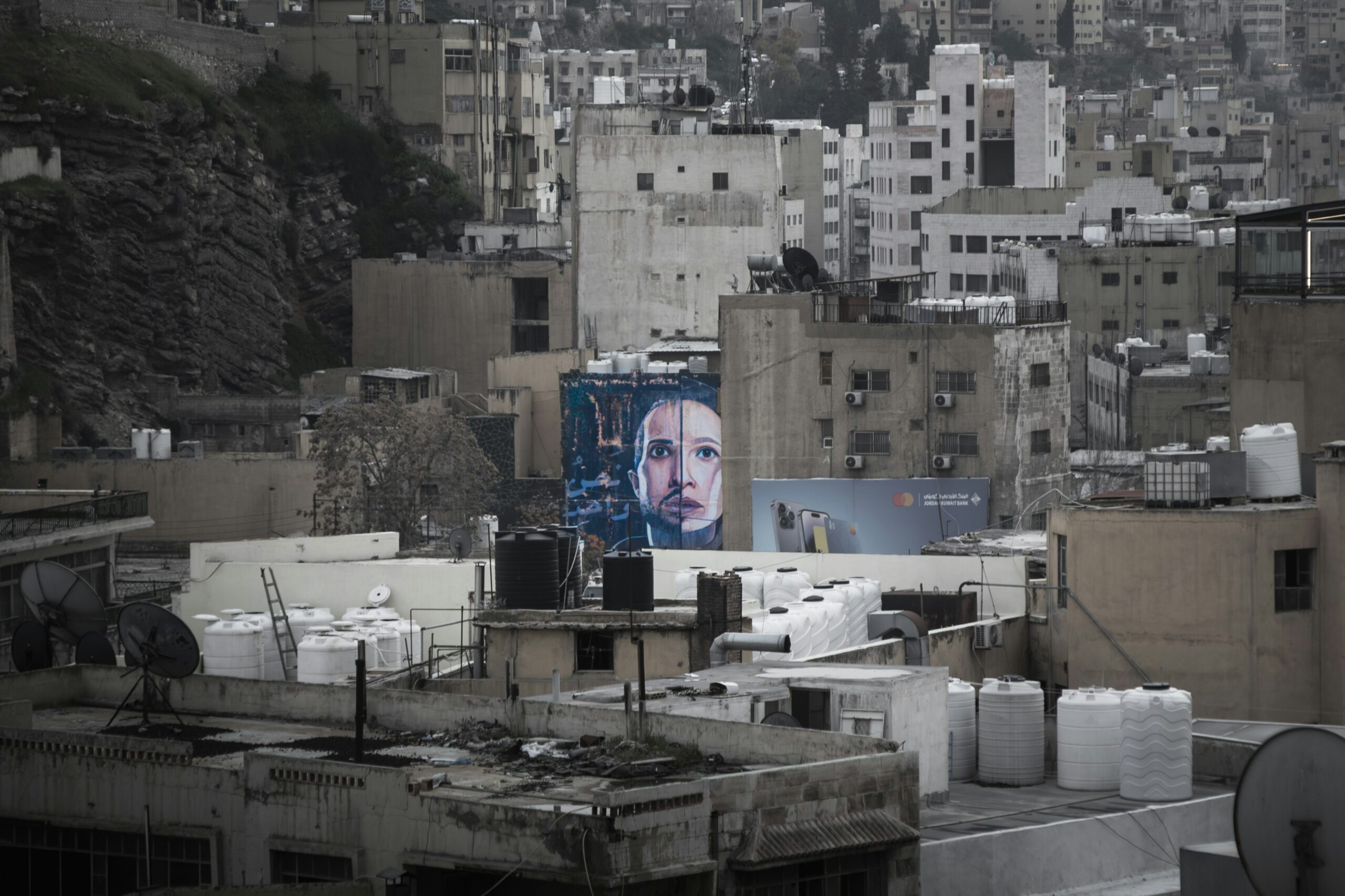
In a stark revelation of global media discrepancies, the killing of Anas al-Sharif has drawn severe criticism from international observers and media analysts. Jamal Elshayyal, Director of Al Jazeera 360, recently highlighted what he perceives as a double standard in the reaction to al-Sharif’s death, underscoring a broader critique of media practices and ethics in conflict reporting.
Key Facts
- Anas al-Sharif was recently killed under circumstances that have yet to be fully disclosed.
- Jamal Elshayyal has publicly decried the killing, pointing out a significant disparity in media reactions to similar incidents.
- The incident has been reported extensively by Al Jazeera, where Elshayyal is a senior figure.
Background
The death of Anas al-Sharif has ignited conversations about media integrity and the portrayal of violence against individuals in regions embroiled in conflict. Al-Sharif, whose personal and professional details remain scant in public knowledge, has become a symbol of these larger issues, with Elshayyal’s comments bringing the matter to the forefront of international media discourse.
Media Analysis
According to Jamal Elshayyal, the response to al-Sharif’s death exposes a ‘double standard’ in the media’s approach to covering deaths depending on geographic and political contexts. This critique suggests a selective sensitivity in global media, which could potentially skew public perception and influence international responses to crises.
Implications and Reactions
The implications of Elshayyal’s accusations are profound, suggesting that not all victims receive equal attention and sympathy from the world’s media, which could affect humanitarian support, policy making, and international relations. The discussion also raises questions about the role of media in shaping narratives in conflict zones and their responsibility towards unbiased and equitable reporting.
What’s Next
The media community and international watchdogs might need to reevaluate their approaches and guidelines regarding conflict reporting and coverage of violent incidents. Further scrutiny and possibly reforms in media practices could be on the horizon as more stakeholders weigh in on the debate sparked by Elshayyal’s poignant critique following the tragic death of Anas al-Sharif.


